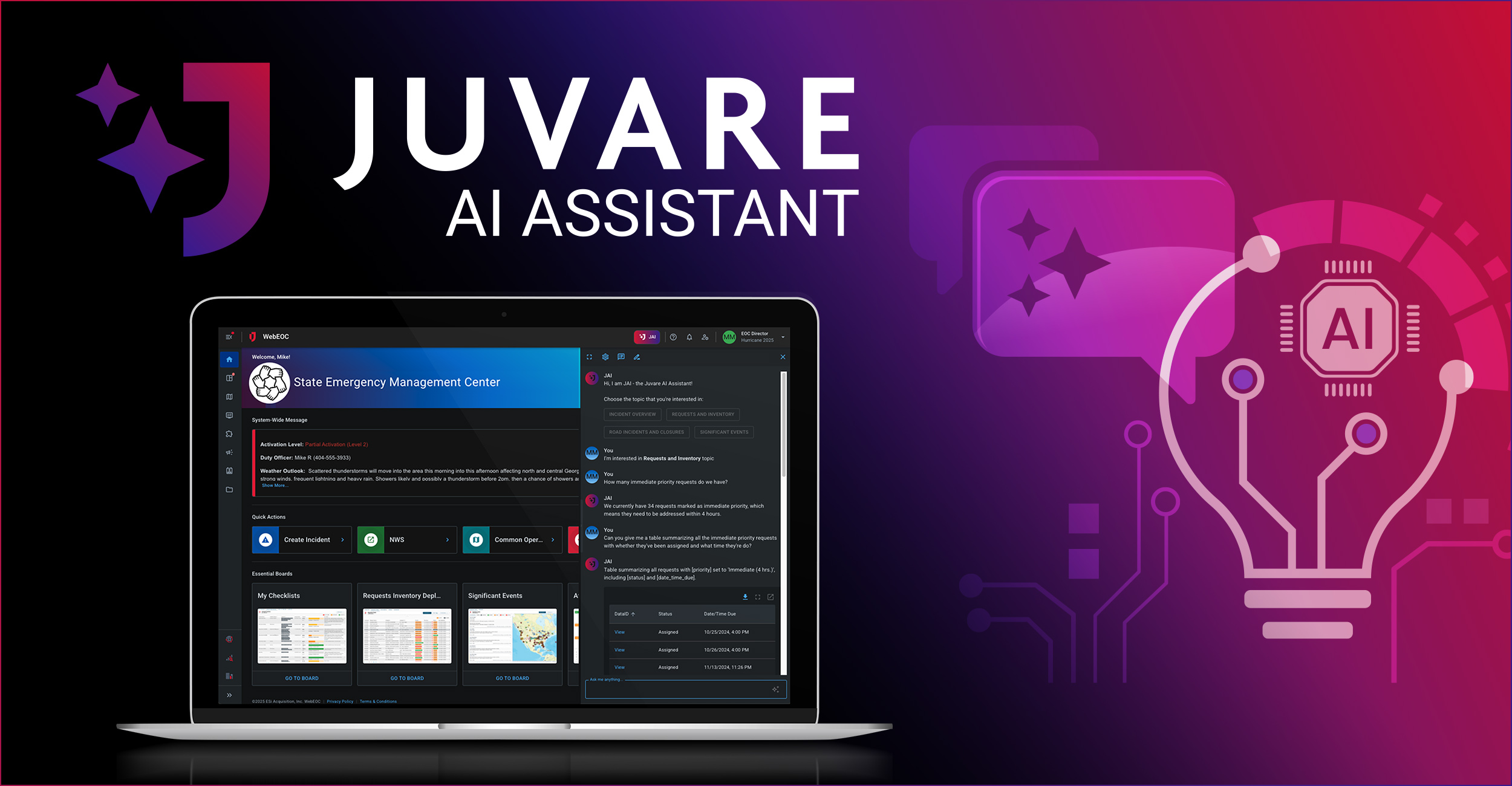The indictment of a Kansas City man for computer hacking serves as a stark reminder of the vulnerabilities faced by organizations of all sizes. This case sheds light on how cyber threats can target any organization, from small nonprofits to larger enterprises, disrupting operations and compromising sensitive information. The events leading up to this indictment also highlight the critical need for robust cybersecurity measures, particularly for emergency management systems where operational integrity is paramount.
What Happened in Kansas City?
In November 2024, 31-year-old Nicholas Michael Kloster of Kansas City, Missouri, was indicted by a federal grand jury on charges of unauthorized computer access and causing reckless damage to protected computers. The charges stem from a series of incidents in April and May 2024, where Kloster allegedly hacked into multiple systems to promote his cybersecurity services.
- Health Club Incident: On April 26, 2024, Kloster entered a health club chain in Kansas and Missouri just before midnight. The following day, he emailed the company, claiming to have accessed their systems and offering his cybersecurity services. Investigators discovered that he had altered membership fees, erased his photograph from the system, and gained unauthorized access to the gym’s security cameras. He later posted a screenshot of the security camera interface on social media, captioned: “How to get a company to use your security service.”
- Nonprofit Organization Breach: On May 20, 2024, Kloster allegedly bypassed password protections at a local nonprofit by using a boot disk. He installed a virtual private network (VPN) and changed user passwords, resulting in over $5,000 in remediation costs for the organization.
- Additional Allegations: Kloster also reportedly misused a company credit card at a previous employer to purchase a thumb drive marketed for hacking into vulnerable systems.
If convicted, Kloster faces up to 15 years in federal prison for accessing protected systems and causing damage during unauthorized access.
Lessons for Emergency Management
The Kansas City hacking case serves as a wake-up call for all organizations, especially those responsible for public safety and emergency response. Cybercriminals often target perceived vulnerabilities, regardless of an organization’s size. For emergency operations centers (EOCs), healthcare providers, and other critical infrastructures, a breach can have devastating consequences, delaying lifesaving actions and eroding public trust.
To combat these threats, organizations need robust, adaptable solutions like WebEOC, Juvare’s flagship software for emergency management. WebEOC is the gold standard in the industry, trusted by organizations worldwide to maintain operational continuity and security during critical events.
- Adaptability for All Organizations:
WebEOC is designed to meet the unique needs of diverse organizations, from large-scale enterprises to local agencies. Its low-code/no-code functionality allows users to tailor the platform to their specific workflows and operational requirements. - Scalability for Any Size:
WebEOC’s cloud-hosted architecture ensures seamless scalability. Whether managing a regional disaster or a localized incident, the platform grows with your needs. Smaller organizations benefit from the same enterprise-grade tools used by larger entities, leveling the playing field in emergency management. - Advanced Security Features:
WebEOC incorporates encrypted data exchanges and role-based access controls to safeguard sensitive information.
Regular updates and compliance with industry standards ensure the platform remains resilient against evolving cyber threats.
The Kansas City case is just one example of how cybercriminals exploit vulnerabilities. To prevent similar incidents, Juvare encourages the following best practices:
- Proactive Monitoring: Regularly assess your systems for potential vulnerabilities and address them before they can be exploited.
- Secure User Access: Implement role-based permissions and multi-factor authentication to limit access to sensitive data.
- Employee Training: Educate staff on recognizing phishing attempts and maintaining strong password hygiene.
- Invest in Scalable Solutions: Tools like WebEOC provide adaptable, scalable protection for organizations of all sizes.
The Kansas City hacking case demonstrates that even small-scale breaches can have significant repercussions. By leveraging industry-leading tools like WebEOC, organizations can protect their systems, maintain public trust, and focus on their core missions. Cyber threats are a reality for every organization, from small nonprofits to global enterprises. With WebEOC, Juvare empowers clients to navigate these challenges confidently, ensuring operational integrity and public safety.



















